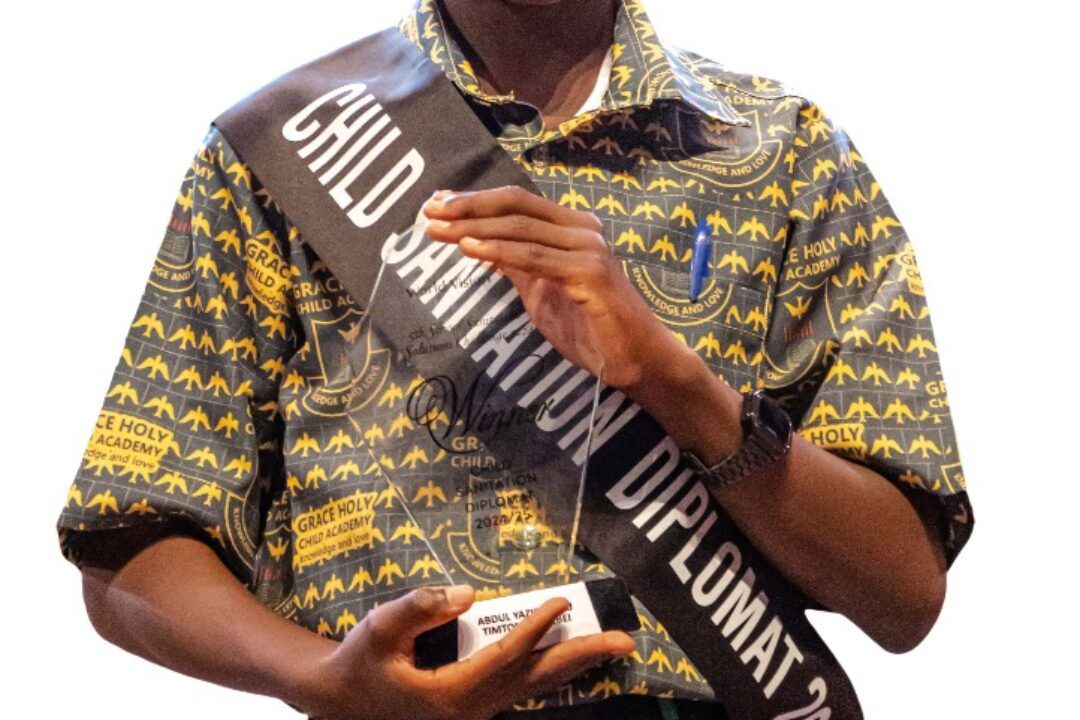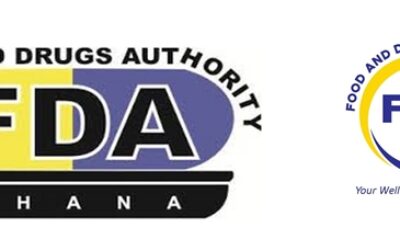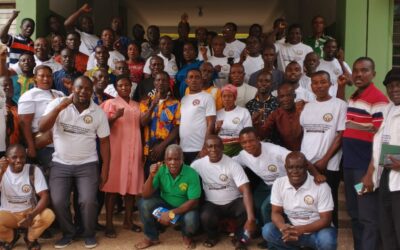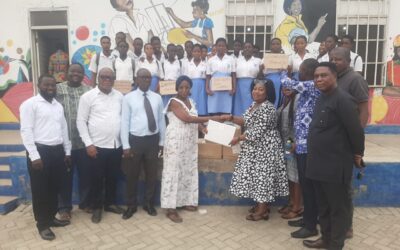By Master Abdul Faraj Yezid Timtoni Wumbei – REIGNING CHILD SANITATION DIPLOMAT
Tamale, 24th March 2025.
Government must maintain and increase focus on supporting poor households to gain access to improved toilets to eradicate open defecation and preserve the quality of Ghana’s water resources.




While most stakeholders have been discussing water conservation and protection of our water bodies especially against illegal mining on the occasion of this year’s World Water Day on the theme ‘Water Conservation: Let’s make it our way of life,’ I wish to draw the attention of the Ministry of Local Government, Chieftaincy, and Religious Affairs (MLGCRA) to the fact that open defecation also plays a devastating role in preserving the quality of our water resources.
World Water Day, which was commemorated on 21st March at a national forum in Accra, was led mainly by the Ministry of Water Resources, Works and Housing (MWRWH) and its responsible agencies and discussions focused mainly on conserving the water resources. What was missing, however, was that there was little or no mention of access to toilets and open defecation, which also play a crucial role in preserving water quality of both surface and groundwater, and even water at the household level.
Without meaning to question why there was no focus on open defecation, I wish to remind the MLGCRA, which has recently resumed responsibility for sanitation, that with just 25% of the population having access to improved household toilets and the current rate of open defecation still around 17% of the population, the volumes expected from preserving water resources may mean little to the health of the people.
Open defecation, which occurs mainly because of lack of decent toilet facilities in homes and institutions, directly contaminates water resources through run-offs and wind-blown dust into surface water, and infiltration into groundwater sources with faecal matter.
Even the containers that people use to fetch water from streams and wells, and also to store water at home, if contaminated with faecal matter, will transfer pathogens into water sources and cause diseases among the people.

Children are usually the most vulnerable groups to the effects of water contamination through poor sanitation and open defecation. Children care very little about playing in run-off water, drinking contaminated water directly with little care about handwashing and hygiene. The resultant infections can cause stunting, loss of school hours, and even deaths through preventable diseases like cholera, intestinal worms, and typhoid.
On account of this, I wish to remind the new sanitation sector ministry to maintain focus on on-going sector interventions such as the Community-led Total Sanitation programme mainly in rural communities and small towns, and the GAMA Sanitation and Water Project mainly in low-income urban communities, and scale them up to other areas not yet covered.
These interventions seem to be the most proven solutions in recent years to the challenge with access to toilets and open defecation and they need sustained government interest, support, and upscale.
In addition to these on-going sector initiatives, the ministry may also introduce a more intensive public education on the need for improved household and institutional toilets and the dangers of open defecation.
This education must also be intensive in schools through collaboration with the Ministry of Education, where every Ghanaian child must be targeted and groomed while they are still young so that they may not grow with that habit.
The new ministry should also support child centered initiatives such as the School Sanitation Solutions Challenge and the Child Sanitation Diplomat campaign organized by World Vision Ghana, Kings Hall Media, Zoomlion Foundation, GAMA Sanitation and Water Project, and the GES/SHEP.
This intervention seeks to involve children in finding sustainable solutions to sanitation challenges around them while they are still young. It is through this programme that some of us are able to let our voices and opinions about sanitation be heard and also demonstrate our creative ideas.
I will finally seize this opportunity to congratulate Hon. Ahmed Ibrahim on his appointment as the Minister for Local Government, Chieftaincy and Religious Affairs and by implication, the sector minister for sanitation, with the hope that he will prioritize programmes and projects that directly deliver access to improved household and institutional toilets to accelerate eradication of open defecation.
END –
Editor’s note:
The Child Sanitation Diplomat is a sanitation champion identified through the annual School Sanitation Solutions Challenge.
This national contest on sanitation seeks to identify and groom a sanitation conscious future generation through a nationwide competition that is open to all pupils from class six to JHS two. The overall winner is designated as a Child Sanitation Diplomat and supported to embark on a one-year mentorship and sanitation campaign project.
The programme was originated by World Vision Ghana and Kings Hall Media and currently organized in collaboration with the Zoomlion Foundation with support from the Environmental Health and Sanitation Directorate and the Ghana GES/SHEP.
Master Addul Faraj Yezid Timtoni Wumbei from the Grace Holy Child Academy in Tamale won the 5th and 2024 edition of the Challenge and is currently undertaking his one-year campaign as the reigning Child Sanitation Diplomat.
Contacts for further information
Yaw Attah Arhin (World Vision Ghana): 0244713332
Frank Ofosu-Appiah (Kings Hall Media): 0246565063



















